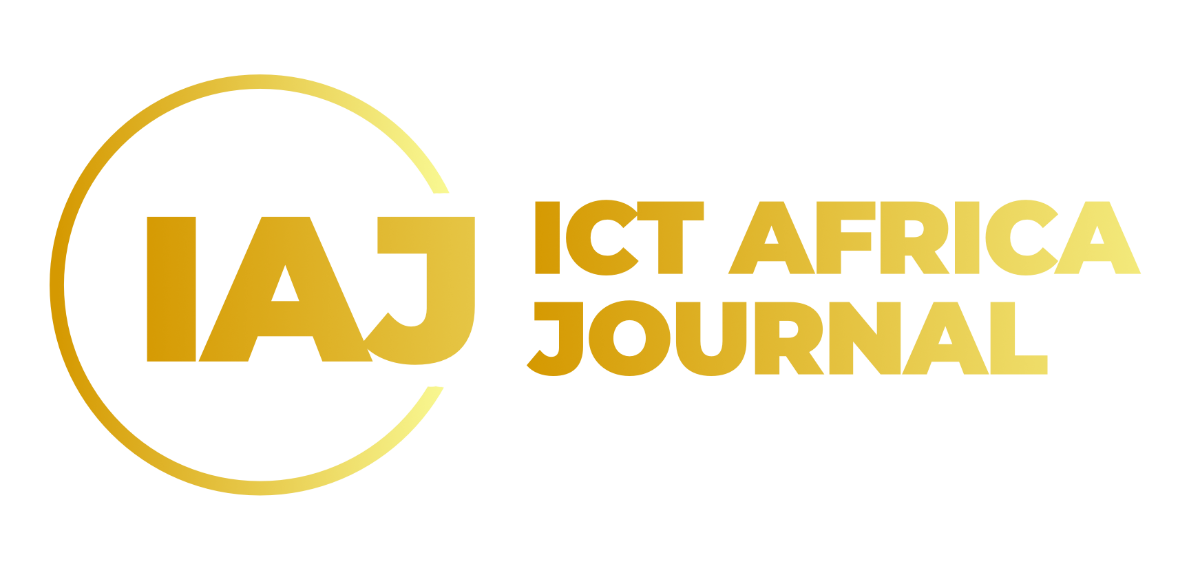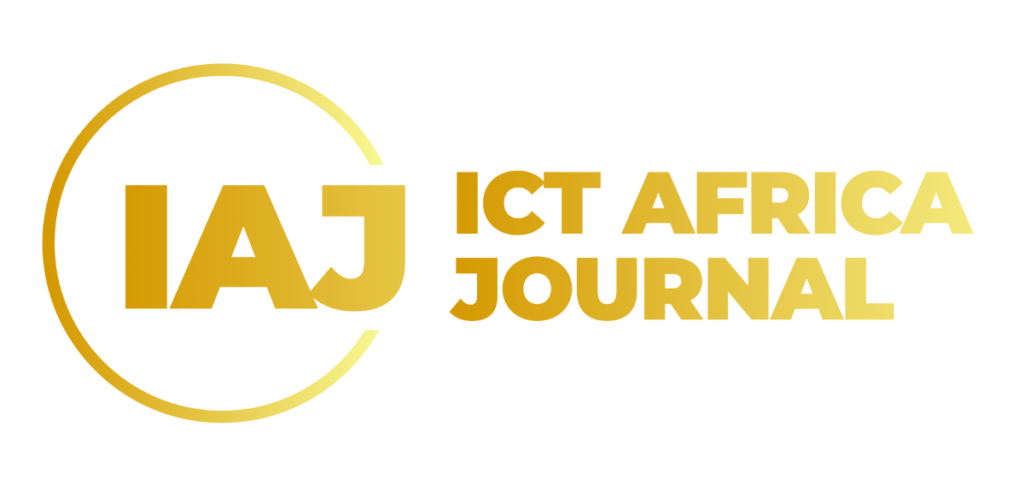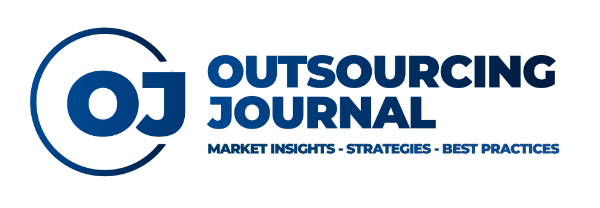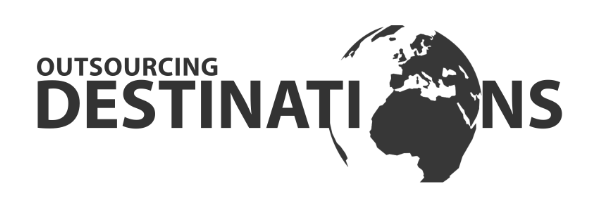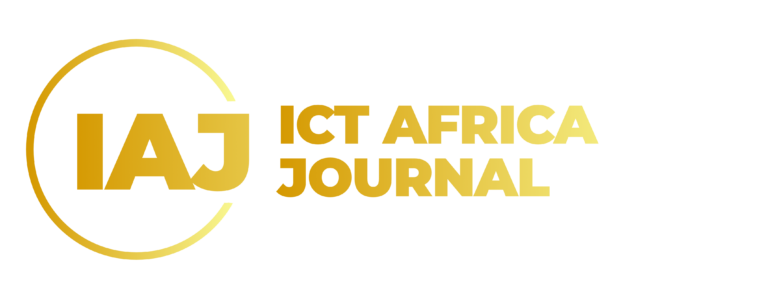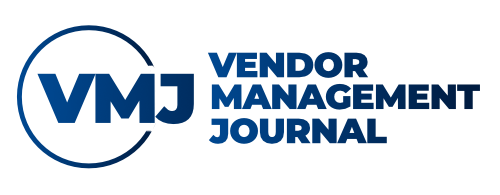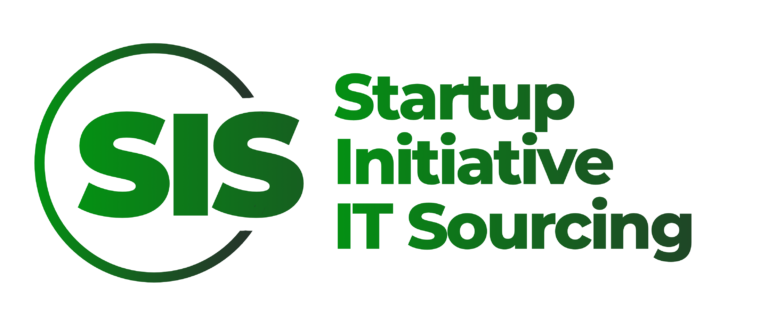The German Outsourcing Association has recently released its Outsourcing Destination Guide for Senegal and Ivory Coast in which readers can also find an analysis of the ICT sectors of both countries. Here we publish an abstract for the readers of the Outsourcing Journal about the ICT sector in Senegal. The Outsourcing Destination Guide is available for free download at www.outsourcing-destinatuions.org.
The International Trade Administration, U.S. Department of Commerce states in its Country Commercial Guide that in 2017 the ICT sector in Senegal accounted for five percent of GDP. (Source: https://www.trade.gov/country-commercial-guides/senegal-telecommunications ) ICT exports A recent USAID study reveals that about 70% of the local ICT industry is export-oriented. The service exports are mostly regional targeting ECOWAS and UEMOA members. Overseas business is focused on France and a growing proportion of North America (probably Canada because of the French language). (Source: www.intracen.org)
In the 2017 A.T. Kearney Global Services Location Index Senegal ranks 48 out of 55, with a high score on the financial attractiveness but accordingly lower scores in people skills and business environment. (See figure 5, page 10 at 2017 A.T. Kearney Global Services Location Index) We as well have observed noteworthy deficiencies in the organizational structure such as in local sector representation and in the representation towards foreign target markets. Both the public and the private sector could benefit greatly from improvements and common representation domestically and internationally.
Market documentation, networking, cooperation, and communication should be easy and relatively timely to improve. Digital Strategy Developing digital skills, supporting digital businesses and implementing digitized process throughout the different economic sectors and the public administration is one of the objectives of the government. With its “Digital Senegal Strategy 2025” the government has ambitious targets. It wants to reach a contribution of digital businesses to the national GDP of 10% by 2025. In relation: in 2014 the sector contributed 6.28% or 475 billion FCFA to the national GDP. (Source: Presidency of Senegal https://www.presidence.sn/ en/newsroom/digital-in-senegalkey- figures_1136)
Between 54,000 direct and 162,000 indirect jobs are projected to be created in the sector. Beyond plans and projections are more concrete achievements such as laws lifting restrictions for new market entries of internet providers, and strengthened regulations for essential infrastructure sharing between operators. (Source: Aneliya Muller, “Digital Economy in Senegal: Envisioning the Future” via Worldbank Blog 2018).
The overall objective is to develop the country into a hub for digital transformation in the region and beyond, for which the government and its partner’s initiatives need to advance rather quickly considering the competition in the region. It is to be noted that the ICT sector and the development of the digital economy seem not to be included in the Plan for an Emerging Senegal (PES) – the new policy framework of President Macky Sall’s government, “aiming at getting Senegal onto the road to development by 2035”. (www.presidence.sn)
ICT sector development The availability of investment and venture capital is a big factor for ICT sectors and digitally driven economies to grow. In Africa in 2018 there were 1 billion USD in private equity available. However, the majority of those went only to three African countries: Kenya (USD 340m), Nigeria (306 mio), and South Africa (USD 250m).
Senegal was able to secure USD 22m of private equity. (Source: France24 English, June 2019, via youtube.com / “Dakar, the new tech hub”) The tech Startup ecosystem plays an important role in the digitization in Senegal as it provides independent growth potential and domestically developing tech competence, which then again leads to products and services for the local and regional market, and to an increasingly attractive investment climate.
There is no question that the so called “digital economy” carries an immense potential for developing countries – for economic growth, for education, for raising inclusion within societies, for job creation, domestic and global trade, for established supply chains, even for governments. Many African countries are aware of and promote digital sectors and their development initiatives prominently. Still there are large differences and for Senegal is to say that the country currently seems to be more difficult to access for foreign investments in IT and business process services delivery centers than other countries in the region. Accessibility here stands for the availability of information and services for potential investors. Key data or reliable sources for key indicators of the sector are missing or are not able to retrieve from the public agencies. This makes not only the development and the measurement of support programs difficult, but also hinders investors and clients to adequately evaluate the conditions and opportunities. If the country wants to attract investors from the global ICT and BPO sector, it needs to create significantly more transparency, it needs to develop an understanding of the target groups, enhance its investor services, and it needs to increase the communication of its ambitions, plans, actions and achievements.
While our research includes more than 60 documents, articles, reports and online resources, incl. publications and researches from international organizations such as the Worldbank Group, IMF, The International Trade Administration, U.S. Department of Commerce, as well as local and international agencies and government organizations and others in English and in French language, we have been unable to trigger any response from local ministries and agencies to our questions on key sector indicators, such as employment, education and other related figures. Our experience –we basically follow a similar approach as any investor – has been difficult to an extend where even websites of official government agencies such as the Senegalese Agency for Export Promotion (ASEPEX), were not available at times.
Also, potential investors may get over the fact that barely any information is available in English language, but generally speaking and based on the fact that those resources are targeting regional and international markets, this is one of the aspects that we hope will soon be overcome. We are missing the red thread in the government’s and in some of the international development support agencies’ programs.
For example, ASEPEX (Investment support agency) recently announced the arrival of the “most powerful supercomputer in South- Saharan Africa” (Source: https:// www.asepex.sn/tic/), which seems more like a marketing stunt, than a practical investment in the development of the sector, especially taking into account that that’s the only piece of information the investment support agency currently provides on its website for the ICT sector in Senegal.
The picture changes when you talk to people in Dakar, who give a more vibrant, ambitious, and motivating impression of the ICT sector and we urge any investors to schedule local visits in order to complement data with personal experiences. And while sector development programs are a profound way to improve also other economic figures, they don’t necessarily give an entire picture of conditions and opportunities. For investors, sector support agencies and researchers we recommend to read further on the effects of ICT sector development in the article “Link between ICT Investments, growth and jobs creation in Senegal” by Latif Dramani of Université de Thiès and Oumy Laye ANSD here: https:// www.researchgate.net/publication/ 335170009_Link_between‐ _ICT_Investments_growth_and_job s_creation_in_Senegal.
You can read the full analysis including information on location, political situation, economy, labor market, office space and salaries in the Outsourcing Destination Guide Senegal and Côte d’Ivoire, which is available for free download at www.outsourcing-destinations.org
